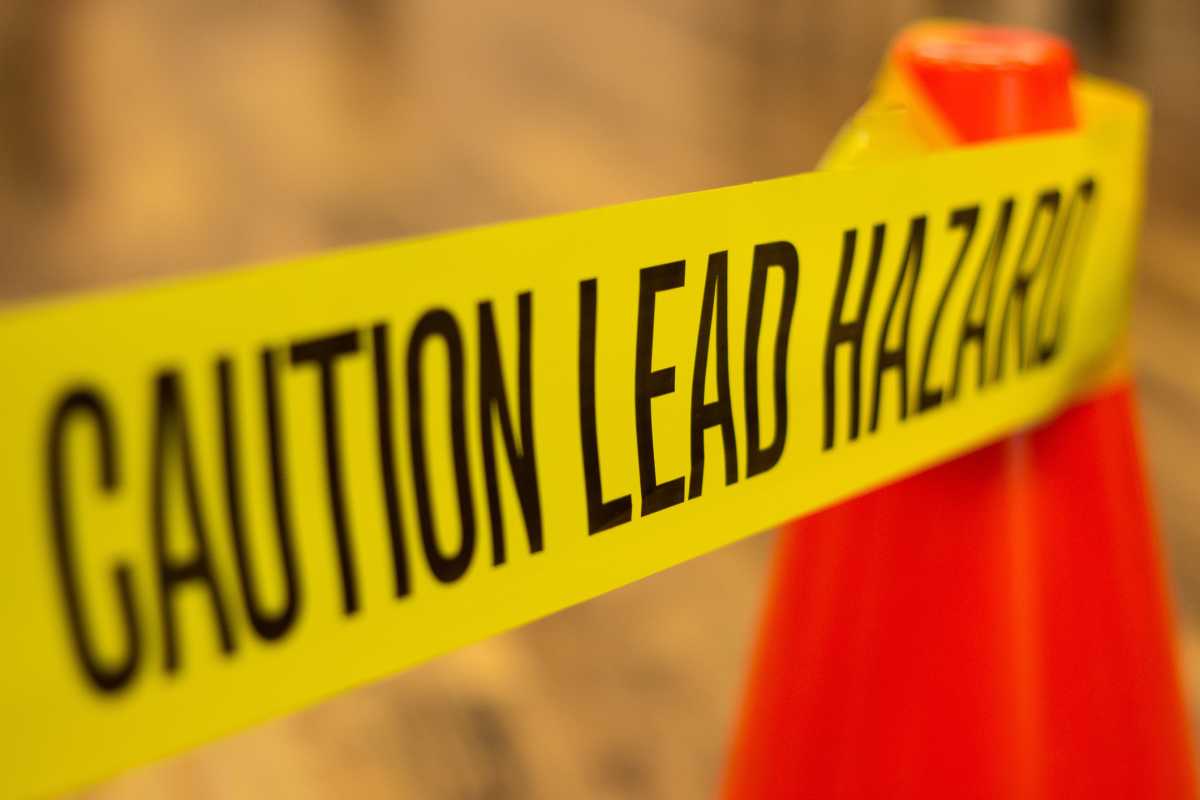New York City Comptroller Scott Stringer released an audit on July 1 detailing delays in the Department of Education’s (DOE’s) testing of lead levels in water and remediation of fixtures with elevated lead levels in city public schools. But the DOE claims the audit is misleading.
The DOE missed the deadline, set by state law, in October of 2016. However, the DOE said it had an agreement with the state that they could have an additional 20 days to complete the tests.
The DOE had 150,000 water fixtures to test in those 20 days but took six months to complete. The DOE said it was in contact with the state throughout the entire process. A DOE spokesperson also said any fixtures that had elevated levels of lead were immediately removed from use.
According to the report, 84 percent of the city’s schools had at least one water fixture that had elevated lead levels since 2016. Only 65 percent of the fixtures in need of remediation were tested by the October deadline in 2016.
“No child, teacher, or member of school staff… should be exposed to lead in our public school buildings,” Stringer said in a statement. “Our audit found that the DOE’s testing and remediation of lead was perennially delayed — potentially exposing both students and staff to dangerous levels of lead in school drinking water.”
The DOE said this is not the case.
“Any elevated fixtures in the remaining buildings have been taken out of service, which means there is no risk to students, educators or staff,” DOE spokesperson Sarah Casasnovas said in an emailed statement to QNS. “The health and safety of our students, teachers and staff are our top priority, and our schools are in full compliance with state regulations regarding water quality. We’ve gone above and beyond what is required by state law – we tested over 150,000 potable water fixtures in public, charter, and non-public school buildings citywide, and any fixture that was found to pose a risk was immediately removed from service.”
The comptroller’s office found that more than one out of every 10 fixtures tested (11 percent) had elevated levels of lead once they were finally tested.
“The science is clear that lead exposure is extremely dangerous and can cause lifelong health problems — especially for our youngest children,” said Stringer in his statement.
Stringer has recommended the DOE ensure timely compliance with state rules in the future and re-test the fixtures with elevated lead levels during the summer months.
Casasnovas said this report needs to be more clear.
“Now more than ever, it is critical that they receive accurate information about the health and safety of our schools,” Casasnovas said. “This report creates an increased risk – students, families, and staff will mistakenly believe their health and safety are at risk within school buildings when they are not.”
































